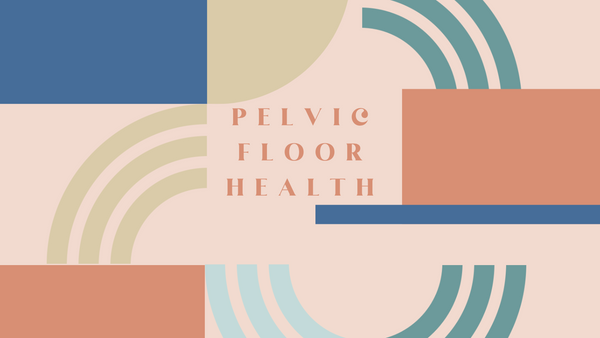Pelvic Floor Health: Did You Know?

What is pelvic organ prolapse?
Pelvic organ prolapse (POP) is a common type of pelvic floor disorder. It occurs when the pelvic muscles and its supporting tissues weaken, causing the pelvic organs to fall out of place.
Pelvic Floor Disorders affect nearly 25% of women at some point in their lives. Many women first experience pelvic organ prolapse after childbirth, but it can also occur at other points throughout a woman’s life.
What causes pelvic organ disorders?
Common causes of pelvic organ disorders, such as pelvic organ prolapse, can include childbirth, genetics, hormonal changes, heavy lifting, and straining from chronic constipation.
Physical therapy can help.
Physical therapists who specialize in pelvic floor health can help with the physical, mental, and emotional symptoms of pelvic floor disorders. A pelvic floor physical therapist may recommend a series of treatments, including the use of a support garment, to help alleviate the symptoms of POP.
Each woman’s experience with POP is unique, but it’s important to know that you’re not alone. At Hem Support Wear, we believe all women deserve to feel empowered in their pelvic health journeys. We know that one of the best ways to do that is by creating a safe haven for people to learn about pelvic health and tell their stories, and that's exactly what we are setting out to do. Read more about our founder’s story here.


